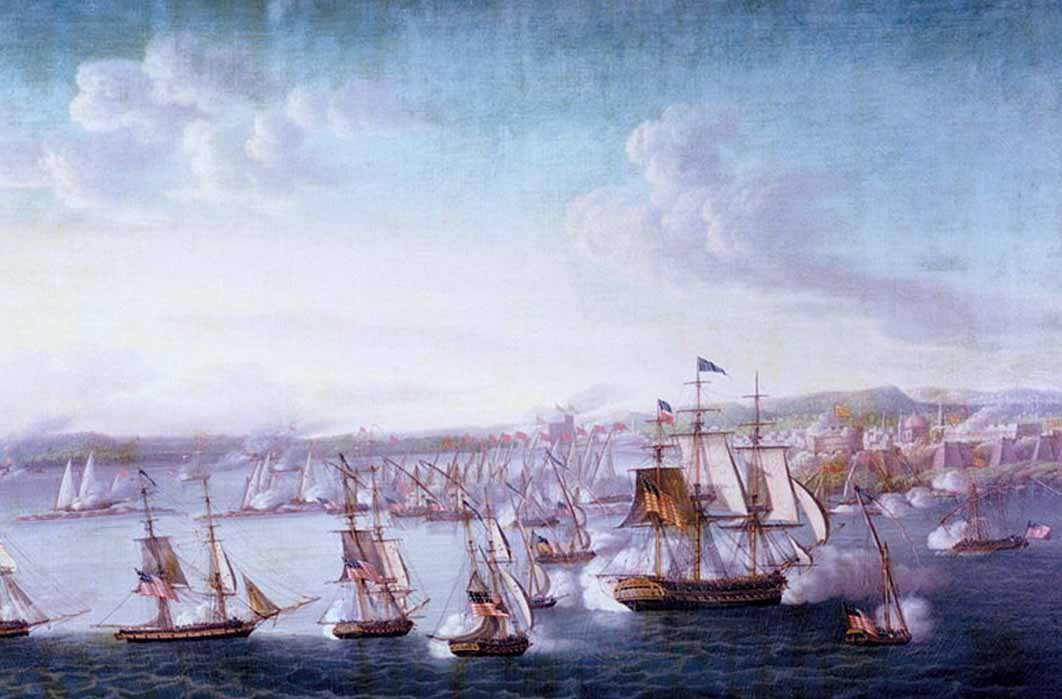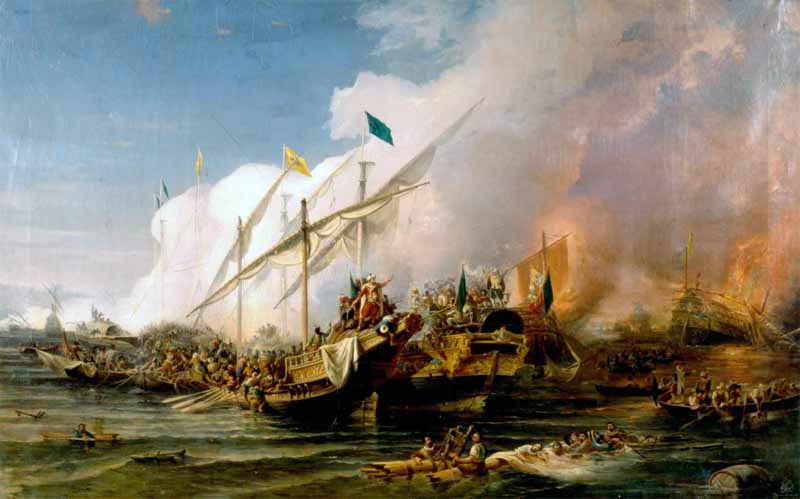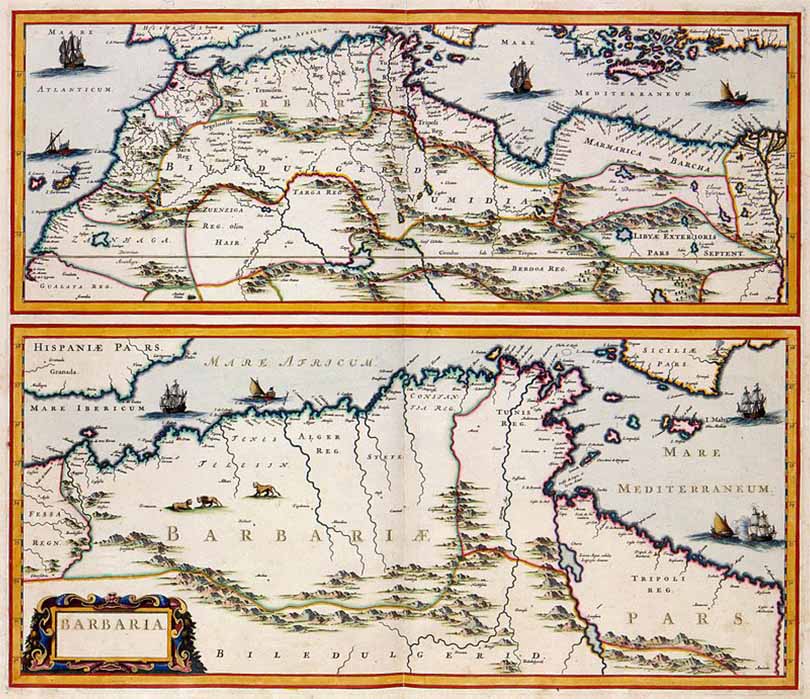
The Barbary Wars: America’s Most Successful Foreign Intervention
Since its foundation in 1775 the United States has become well known for its tendency to intervene in foreign countries when its national security is threatened. But while much has been written and discussed about the recent errors of Vietnam, Iraq and Afghanistan, very little attention has been given to the United States of America’s adventure to North Africa in the 19th century. The earliest and perhaps most successful example of American interventionism, the Barbary Wars, raged between 1801 and 1815, pitting American seamen and marines against fearsome Mediterranean pirates. However, unlike many of their later invasions, and viewed in its proper historical context, it seems American actions here were fully justified.

A Barbary pirate, by Pier Francesco Mola, (1650) (Public Domain)
The Barbary Pirates
To most, the 1492 expulsion of the Muslims from Granada by Spanish crusaders is most famous for marking the final act of the Reconquista, but it is also incidentally where the story of the Barbary pirates begins. In the fallout a pirate captain called Barbarossa, wishing to capitalize on the resulting political chaos, led a series of daring sallies against the North African cities of Djerba and Algiers. Barbarossa’s actions did not go unnoticed and he was soon talent-spotted by the Ottomans, a major regional player, and made commander-in-chief of their navy.
Working in tandem with his old crewmates, Barbarossa gradually fought back against the renewed Christian presence in the Mediterranean, dealing their united fleets a mortal blow at the Battle of Preveza in 1538. From this point on, the Ottoman empire continued to collaborate and give protection to brigands. But in 1571 the balance of power was irrevocably shifted after the defeat of the Ottomans to a combined Christian navy at the Battle of Lepanto. No longer the inferior partner, the Barbary pirates filled the power vacuum that a much-weakened Ottoman fleet had left behind, plundering and pillaging the Mediterranean with renewed intensity.

Barbarossa Hayreddin Pasha defeats the Holy League of Charles V under the command of Andrea Doria at the Battle of Preveza (1538) (Public Domain)
Nevertheless by the first half of the 17th century Barbary corsairs were once again working with the Ottoman Empire, who continued to view piracy as a lucrative and legitimate source of income. In fact so troublesome were they becoming that Western European powers now found themselves having to take preemptive action, as was the case in 1655 when legendary British sea captain William Blake demolished a port in Tunis to stem the tide of banditry.
However, this long-term government backing of piracy would backfire in 1659, when newly independent Barbary states institutionalized brigandry. A hostile takeover of the Mediterranean ensued and in the Atlantic Ocean British, Danish, and Flemish ships began to be harassed in their own backyards by corsair hordes. The situation continued into the 18th century when, apart from a few minor raids by the French on Algiers, no sustained effort to stamp piracy out ever materialized. It was against this backdrop of unchecked lawlessness that American traders, eager to forge links with the Mediterranean countries, began making their own transatlantic voyages to the Straits of Gibraltar, first as British colonial subjects and later on as citizens of the United States of America.





